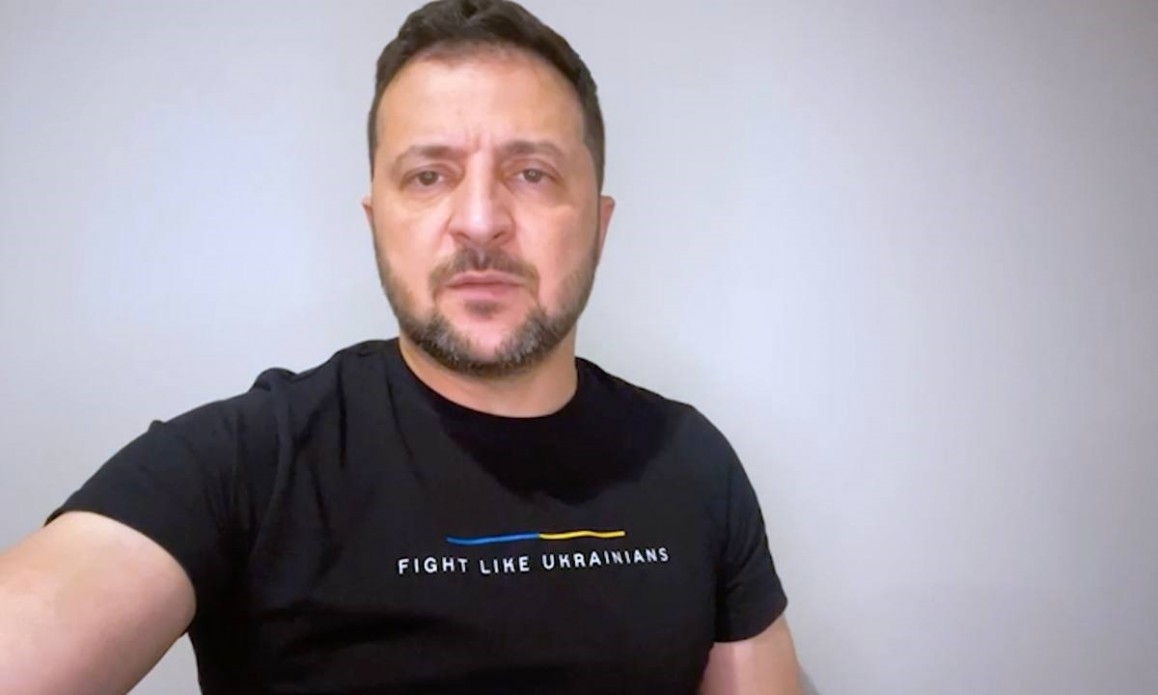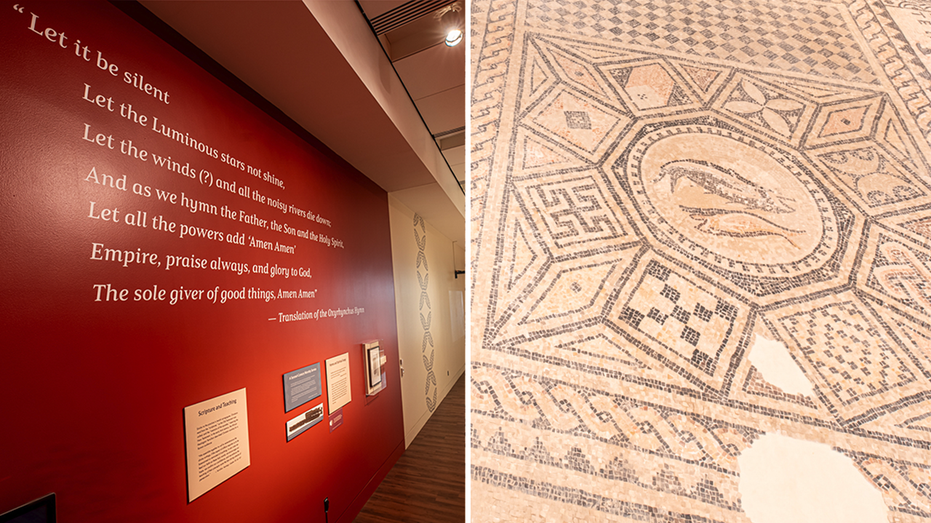German MPs move to ban pro-Russian AfD party through constitutional court
Lawmakers from various German parties are preparing a case to ban the AfD, arguing that the party violates constitutional principles and human dignity.


German lawmakers from several parties are preparing to file a request with the Federal Constitutional Court to ban the Alternative for Germany (AfD) party, according to reports from German media outlets Tagesschau and Welt on 29 September.
The initiative is supported by members of at least four political parties in Germany, including the Social Democratic Party (SPD), Christian Democratic Union/Christian Social Union (CDU/CSU), Greens, and Left Party. According to Welt, at least ten members from each of these factions support the motion, surpassing the required threshold of 37 MPs (5% of the Bundestag) for a cross-party motion.
The application, which has reportedly been in preparation for months and was finalized on the previous 27 Friday, calls on the Federal Constitutional Court to declare the AfD unconstitutional under Article 21 of the Basic Law and Paragraph 43 of the Federal Constitutional Court Act. Alternatively, the court is asked to exclude the AfD from state funding.
The lawmakers allege that the AfD seeks to abolish the free democratic basic order and maintains an “actively combative-aggressive attitude” towards this order. The application cites multiple violations of the human dignity guarantee in Article 1 of the Basic Law, particularly in statements by federal and state AfD leaders regarding migrants, Muslims, and sexual minorities.
The request references recent court decisions, including rulings by the Higher Administrative Courts (OVG) of North Rhine-Westphalia and Thuringia. In May, the OVG in Münster confirmed that the Federal Office for the Protection of the Constitution (BfV) may classify the AfD as a suspected right-wing extremist case. In February, the Thuringian OVG found “significant indications” that the AfD state association in Thuringia is oriented against the constitution.
German Chancellor Olaf Scholz expressed skepticism about an AfD ban in late May, stating that banning a party is “a very difficult matter in a democracy” with very high hurdles.
Related:
- Far-right pro-Russian party wins Austrian elections
- Expert warns populist surge in Germany boosts anti-Ukraine sentiment
- French far-right leader vows to not let “Russian imperialism absorb” Ukraine, but opposes sending long-range missiles if elected
- Assistant of German far-right AfD top candidate for EU elections arrested in China spy case
- Pro-Ukrainian parties maintain majority in EU elections, far-right parties still make gains
- Russia suspected of funneling funds to Germany’s AfD party for pro-Russian messaging
You could close this page. Or you could join our community and help us produce more materials like this.
We keep our reporting open and accessible to everyone because we believe in the power of free information. This is why our small, cost-effective team depends on the support of readers like you to bring deliver timely news, quality analysis, and on-the-ground reports about Russia's war against Ukraine and Ukraine's struggle to build a democratic society.
A little bit goes a long way: for as little as the cost of one cup of coffee a month, you can help build bridges between Ukraine and the rest of the world, plus become a co-creator and vote for topics we should cover next. Become a patron or see other ways to support.



